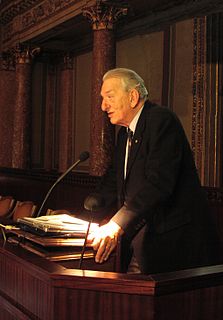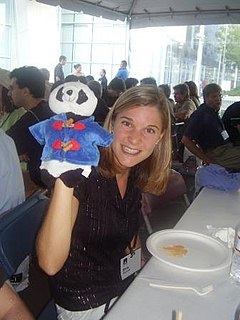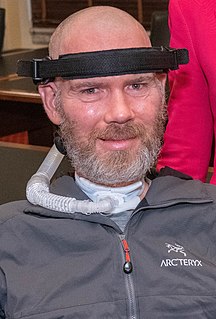A Quote by John Cornforth
In 1962, Popjak and I left the service of the Medical Research Council and became co-directors of the Milstead Laboratory of Chemical Enzymology set up by Shell Research Ltd.
Related Quotes
In 1998, I set up and directed a research group at the Nanotechnology Institute newly created in the Research Center of Karlsruhe. This allowed to offer to former post-doctoral coworkers the opportunity to develop and to progressively set up independent research activities in nanoscience and nanotechnology.
I grew up in Muenchen where my father has been a professor for pharmaceutic chemistry at the university. He had studied chemistry and medicine, having been a research student in Leipzig with Wilhelm Ostwald, the Nobel Laureate 1909. So I became familiar with the life of a scientist in a chemical laboratory quite early.
It is ironic that in the same year we celebrate the 50th anniversary of the discovery of DNA, some would have us ban certain forms of DNA medical research. Restricting medical research has very real human consequences, measured in loss of life and tremendous suffering for patients and their families.
I've never like had a system or a program, I always think that I don't know how to act. I'll adapt to any director because I don't really have a set way that I do things. If a director hires me and says, "I want you to get started right now and do this research, this research, this research and I want you to have every line memorized before you ever show up for the first day," then that's what I'll do.



































